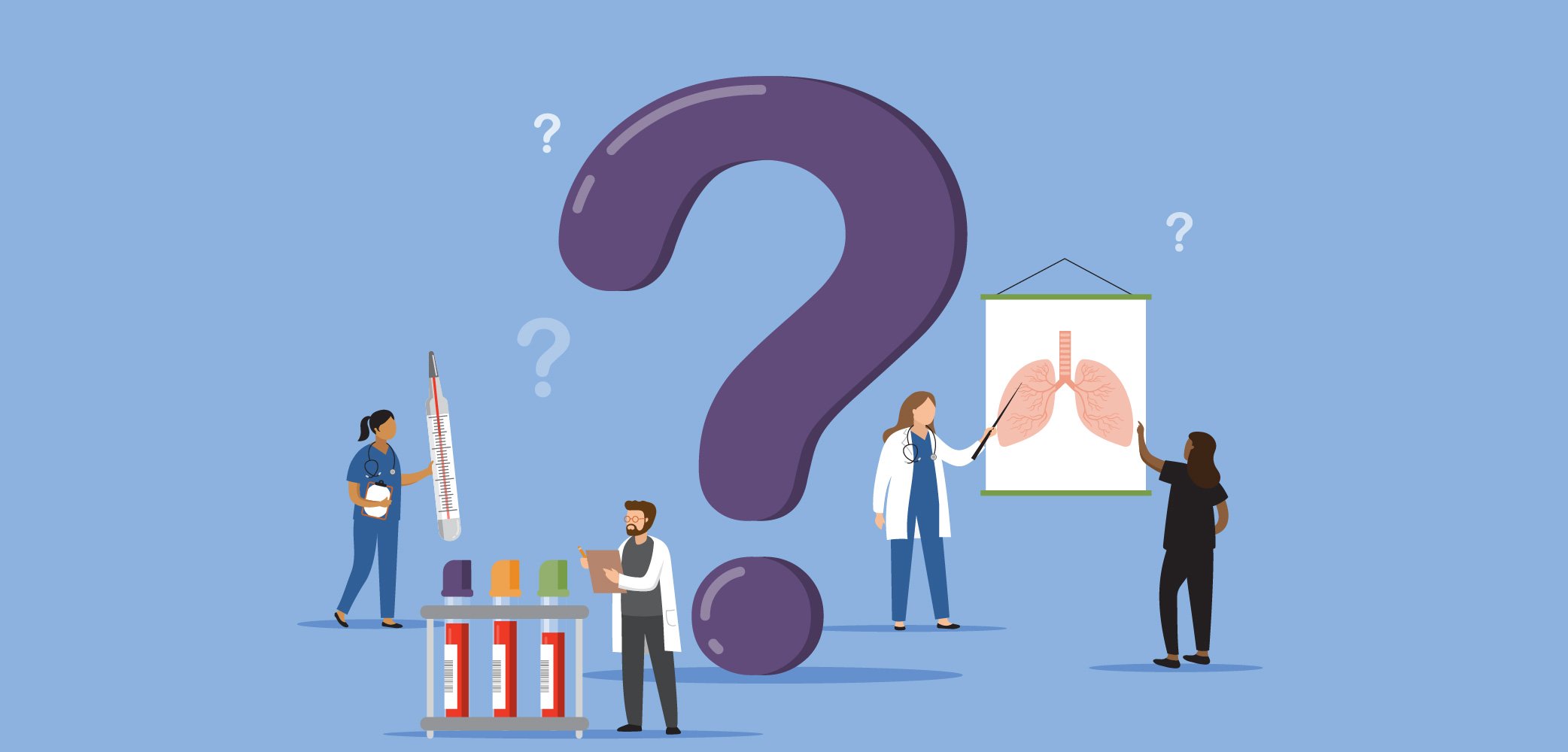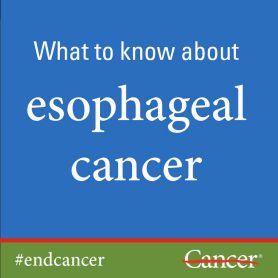- Diseases
- Acoustic Neuroma (14)
- Adrenal Gland Tumor (24)
- Anal Cancer (66)
- Anemia (2)
- Appendix Cancer (16)
- Bile Duct Cancer (28)
- Bladder Cancer (68)
- Brain Metastases (28)
- Brain Tumor (230)
- Breast Cancer (716)
- Breast Implant-Associated Anaplastic Large Cell Lymphoma (2)
- Cancer of Unknown Primary (4)
- Carcinoid Tumor (8)
- Cervical Cancer (154)
- Colon Cancer (164)
- Colorectal Cancer (110)
- Endocrine Tumor (4)
- Esophageal Cancer (42)
- Eye Cancer (36)
- Fallopian Tube Cancer (6)
- Germ Cell Tumor (4)
- Gestational Trophoblastic Disease (2)
- Head and Neck Cancer (6)
- Kidney Cancer (124)
- Leukemia (344)
- Liver Cancer (50)
- Lung Cancer (288)
- Lymphoma (284)
- Mesothelioma (14)
- Metastasis (30)
- Multiple Myeloma (98)
- Myelodysplastic Syndrome (60)
- Myeloproliferative Neoplasm (4)
- Neuroendocrine Tumors (16)
- Oral Cancer (100)
- Ovarian Cancer (170)
- Pancreatic Cancer (166)
- Parathyroid Disease (2)
- Penile Cancer (14)
- Pituitary Tumor (6)
- Prostate Cancer (144)
- Rectal Cancer (58)
- Renal Medullary Carcinoma (6)
- Salivary Gland Cancer (14)
- Sarcoma (236)
- Skin Cancer (296)
- Skull Base Tumors (56)
- Spinal Tumor (12)
- Stomach Cancer (60)
- Testicular Cancer (28)
- Throat Cancer (90)
- Thymoma (6)
- Thyroid Cancer (98)
- Tonsil Cancer (30)
- Uterine Cancer (78)
- Vaginal Cancer (14)
- Vulvar Cancer (18)
- Cancer Topic
- Adolescent and Young Adult Cancer Issues (20)
- Advance Care Planning (10)
- Biostatistics (2)
- Blood Donation (18)
- Bone Health (8)
- COVID-19 (362)
- Cancer Recurrence (120)
- Childhood Cancer Issues (120)
- Clinical Trials (624)
- Complementary Integrative Medicine (24)
- Cytogenetics (2)
- DNA Methylation (4)
- Diagnosis (230)
- Epigenetics (6)
- Fertility (64)
- Follow-up Guidelines (2)
- Health Disparities (14)
- Hereditary Cancer Syndromes (122)
- Immunology (18)
- Li-Fraumeni Syndrome (8)
- Mental Health (118)
- Molecular Diagnostics (8)
- Pain Management (62)
- Palliative Care (8)
- Pathology (10)
- Physical Therapy (18)
- Pregnancy (18)
- Prevention (894)
- Research (390)
- Second Opinion (74)
- Sexuality (16)
- Side Effects (604)
- Sleep Disorders (10)
- Stem Cell Transplantation Cellular Therapy (216)
- Support (404)
- Survivorship (322)
- Symptoms (184)
- Treatment (1774)
Esophageal cancer: What you should know
4 minute read | Published May 07, 2015
Medically Reviewed | Last reviewed by an MD Anderson Cancer Center medical professional on May 07, 2015
Esophageal cancer is most common in middle-aged men who are overweight and have a history of acid reflux or heartburn. But our esophageal cancer team -- one of the few in the United States -- diagnoses this disease in all kinds of patients.
We talked with Ara Vaporciyan, M.D., and Mara Antonoff, M.D., to find out what you need to know about esophageal cancer symptoms, risk factors and treatment. Here's what they had to say.
Who's at risk for esophageal cancer?
Known risk factors for esophageal cancer include old age, male gender, obesity, longstanding heartburn, tobacco use, alcohol, and diets heavy in processed meats. Having reflux or Barrett's esophagus, a complication of reflux, poses the greatest risk.
People with exposure to certain chemicals, history of injury to the esophagus, human papillomavirus (HPV) or a history of cancer also are at increased risk.
Remember, having these risk factors doesn't mean that you'll get esophageal cancer. And some people who develop esophageal cancer don't have any risk factors.
What are common esophageal cancer symptoms?
Talk to your doctor if you experience any of these:
- difficulty or pain with swallowing
- weight loss
- change in stool color (black, "tar-like" or bright red)
- nausea
- getting full quickly when eating
- heartburn or reflux that doesn't go away after a few weeks with over-the-counter antacids or pills
These may be esophageal cancer symptoms. But keep in mind that these symptoms aren't always signs of esophageal cancer.
What do people with Barrett's esophagus need to know?
For people with Barrett's, cells that are normally found in the stomach or small intestines line the esophagus. Barrett's esophagus can arise in people with long standing reflux. It starts at the bottom of the esophagus, and in severe cases can extend all the way to the top of the esophagus. It's diagnosed by an endoscopy. It's very important for people with Barrett's esophagus to get regular screenings.
Screening is generally safe. But for a very small number of patients, it can lead to minor problems like bleeding from biopsies or a small tear in the esophagus wall.
If you have Barrett's esophagus and develop pain or difficulty with swallowing, or you have trouble swallowing bread or meat, see your doctor right away.
How is esophageal cancer diagnosed?
There are many ways we diagnose esophageal cancer. The gold standard is an endoscopy. A doctor inserts a small narrow tube with a camera on the end into your mouth and gently navigates the camera down the esophagus to the stomach. This lets the doctor see any abnormalities. At the same time, an ultrasound is used to find any other abnormalities or large lymph nodes just outside the esophagus.
CT scans of the neck, chest and abdomen, and PET scans also can be used to look at the esophagus, nearby lymph nodes and other organs where cancer may have spread.
How is esophageal cancer treated? What new treatment options are being used here at MD Anderson?
The type of treatment depends on the stage and type of cancer. Standard esophageal cancer treatments include chemotherapy, radiation and surgery. New treatments include targeted therapy and, for early-stage disease, endoluminal therapies.
At MD Anderson, our radiation oncologists have used advanced methods of radiation, like proton therapy, to treat the tumor while minimizing damage to surrounding tissues. For other patients, endoluminal therapies allow doctors to strip the esophagus' inner lining using an endoscope. For very early cancers, this may be all that's necessary.
We're also using targeted therapy. This allows us to prescribe specific drugs based on genetic abnormalities in the tumor.
What esophageal cancer clinical trials are available at MD Anderson?
In one trial, we will compare blood and tissue samples from patients with early-stage esophageal cancer to those with more advanced cancers. This will help us identify when and how the cancer grows.
Another trial from Jaffer Ajani, M.D., will look at a specific pathway for cancer that resists chemo and radiation. This may predict the need for early surgery in patients who aren't like to respond well to chemo and radiation.
We also have an immunotherapy trial opening soon.
What are some ways to lower esophageal cancer risk?
Maintain a healthy weight, and avoid tobacco and alcohol.
What's your advice for newly diagnosed esophageal cancer patients?
Make sure your care team has correctly identified the stage of your cancer. That way, they can use the therapy that's right for you. If you skip that step, you may be exposed to treatments that are not going to help or that weren't necessary.






